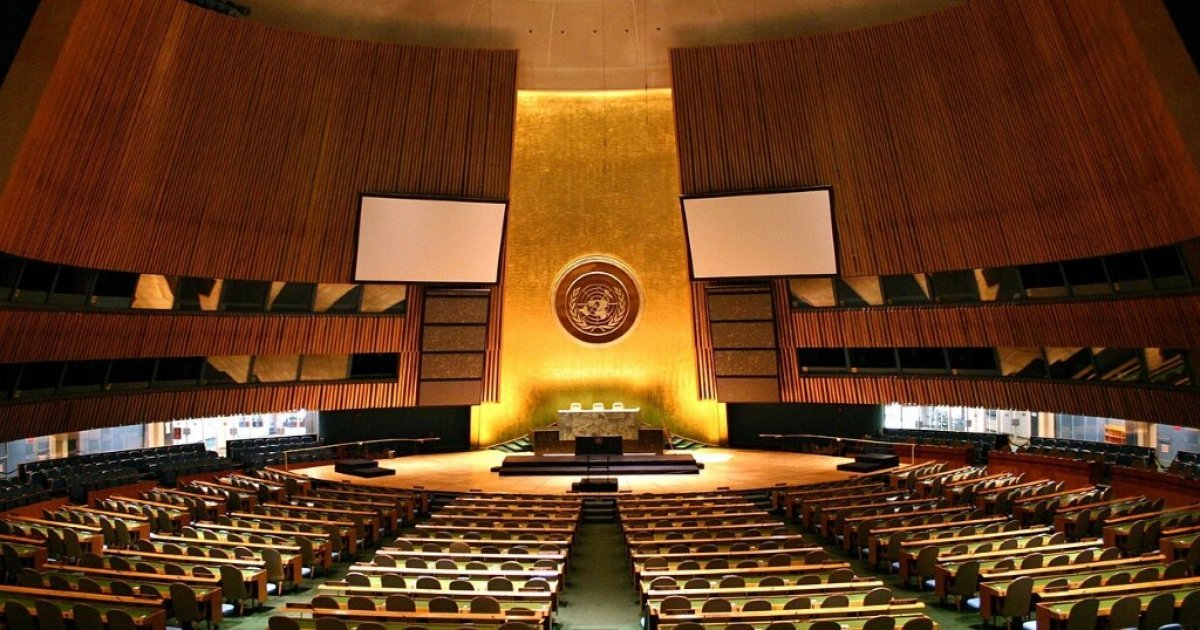Japan’s Crypto Regulation Evolution Post-Mt. Gox Collapse
The post Japan’s Crypto Regulation Evolution Post-Mt. Gox Collapse appeared on BitcoinEthereumNews.com. Peter Zhang Jul 01, 2025 03:42 Explore Japan’s regulatory journey post-Mt. Gox, as the JFSA shapes crypto policy, balancing innovation with risk management, and pioneering stablecoin frameworks. In the wake of the infamous Mt. Gox collapse, Japan has emerged as a global leader in cryptocurrency regulation. The Japan Financial Services Agency (JFSA) has been at the forefront, adapting and evolving its regulatory framework to address the rapidly changing landscape of digital assets. This evolution is detailed in a discussion between Ryosuke Ushida, Chief FinTech Officer at the JFSA, and Chengyi Ong, Head of Policy (APAC) at Chainalysis, as part of the Public Key podcast series from Chainalysis. Japan’s Regulatory Response to Mt. Gox The collapse of Mt. Gox in 2014, which resulted in the loss of nearly $500 million worth of Bitcoin, served as a catalyst for Japan to develop a comprehensive regulatory framework for cryptocurrencies. Recognizing the need for stringent oversight, the JFSA implemented a licensing regime for crypto service providers in 2016, making it one of the first regulators globally to do so. Ryosuke Ushida elaborates on how the JFSA has continued to refine its approach, introducing measures such as the cold wallet requirement in 2019 to protect investors’ assets from cyber threats. This requirement mandates that customer assets be stored in an offline environment, insulating them from potential hacks. Innovative Regulation and Global Influence Japan’s proactive stance has influenced international regulatory standards, with many jurisdictions looking to its model as a benchmark. Ushida notes that while being an early mover has its advantages, such as setting global standards, it also presents challenges. The fast-paced nature of the crypto industry often requires jurisdictions to continuously update regulations to stay relevant and effective. Japan’s efforts extend beyond national borders, as the…

The post Japan’s Crypto Regulation Evolution Post-Mt. Gox Collapse appeared on BitcoinEthereumNews.com.
Peter Zhang Jul 01, 2025 03:42 Explore Japan’s regulatory journey post-Mt. Gox, as the JFSA shapes crypto policy, balancing innovation with risk management, and pioneering stablecoin frameworks. In the wake of the infamous Mt. Gox collapse, Japan has emerged as a global leader in cryptocurrency regulation. The Japan Financial Services Agency (JFSA) has been at the forefront, adapting and evolving its regulatory framework to address the rapidly changing landscape of digital assets. This evolution is detailed in a discussion between Ryosuke Ushida, Chief FinTech Officer at the JFSA, and Chengyi Ong, Head of Policy (APAC) at Chainalysis, as part of the Public Key podcast series from Chainalysis. Japan’s Regulatory Response to Mt. Gox The collapse of Mt. Gox in 2014, which resulted in the loss of nearly $500 million worth of Bitcoin, served as a catalyst for Japan to develop a comprehensive regulatory framework for cryptocurrencies. Recognizing the need for stringent oversight, the JFSA implemented a licensing regime for crypto service providers in 2016, making it one of the first regulators globally to do so. Ryosuke Ushida elaborates on how the JFSA has continued to refine its approach, introducing measures such as the cold wallet requirement in 2019 to protect investors’ assets from cyber threats. This requirement mandates that customer assets be stored in an offline environment, insulating them from potential hacks. Innovative Regulation and Global Influence Japan’s proactive stance has influenced international regulatory standards, with many jurisdictions looking to its model as a benchmark. Ushida notes that while being an early mover has its advantages, such as setting global standards, it also presents challenges. The fast-paced nature of the crypto industry often requires jurisdictions to continuously update regulations to stay relevant and effective. Japan’s efforts extend beyond national borders, as the…
What's Your Reaction?











































